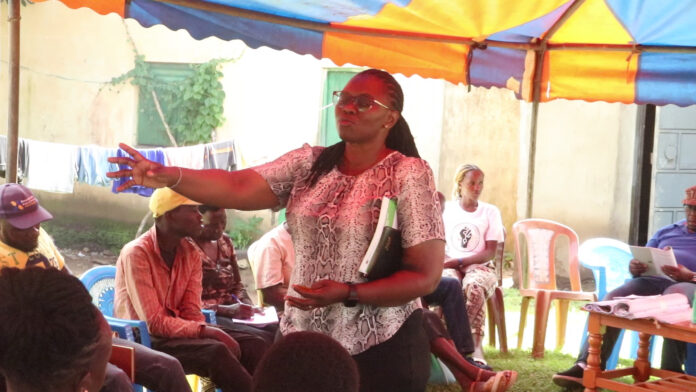A new report by the Ministry of Health reveals that negative perceptions and legal restrictions surrounding abortion in Kenya are contributing to maternal deaths and severe complications among women.
Titled “Incidence of Induced Abortions and the Severity of Abortion-Related Complications in Kenya,” the report paints a grim picture of the country’s reproductive health landscape, highlighting the link between unintended pregnancies and unsafe abortions.
In Kenya, abortion is largely restricted by law. As a result, many women facing unintended pregnancies are unable to access safe abortion methods and procedures, the report states.
The study, the first of its kind in Kenya, was conducted in 2023 by the Ministry of Health in collaboration with the African Population and Health Research Center (APHRC) and the Guttmacher Institute.
It aimed to estimate the incidence of induced abortions, assess the severity of post-abortion complications, and evaluate the capacity of health facilities to provide post-abortion care.
In 2023, Kenya recorded 2,850,346 pregnancies. Of these, 1,435,988 were unintended, and 792,694—representing 27.8% of all pregnancies—ended in induced abortions.
“This report clearly shows that despite the stigma and negative perception surrounding abortion, it is still happening in our society. We cannot continue burying our heads in the sand like the proverbial ostrich,” said Lillian Maina, Project Officer at Women Collective Kenya.
Maina spoke during a public baraza held at Mariwa Center in Awendo Constituency, Migori County, where the organization launched the report to grassroots women, health stakeholders, and local officials.
She noted that the Western and Nyanza regions reported the highest number of women seeking post-abortion care, a concerning trend that may indicate fear and reluctance among women to use contraceptives.
“We must prevent our women from resorting to unsafe and illegal abortions by ensuring access to contraceptives and empowering them to plan their families. This will help avoid cases of death, coma, and other severe complications,” she said.
Maina also pointed out that some unintended pregnancies result from rape, incest, or lack of access to reproductive health services.
“In some cases, when a child is born out of incest, the baby is killed or the mother is disowned by her family. These are the tragic circumstances that lead some women to see abortion as their only option,” she added.
According to the report, a total of 304,159 women sought post-abortion care (PAC) in Kenya. The Nyanza and Western regions recorded the highest numbers with 79,655 cases, followed by Nairobi and Central Kenya with 69,695 cases.
Among those who received post-abortion care, 1.4% experienced extreme outcomes, including death or coma, while 16.4% faced life-threatening complications.
Alarmingly, 42% of women who underwent abortions had not used contraceptives, citing fear of side effects as the main reason—pointing to a critical gap in family planning education and access.
The report also revealed that only 24% of referral hospitals and 18% of lower-tier health facilities are equipped to provide post-abortion care.
“These numbers are deeply concerning for us in the Nyanza and Western regions. That is why we are focusing on ensuring that young women aged between 15 and 49 can access sexual and reproductive health rights,” said Susan Agunda, the Migori County Deputy Reproductive Health Coordinator.
Agunda emphasized that access to quality health care is a right for all Kenyans, and that complications resulting from illegal abortions must be treated with urgency and compassion.
“Due to stigma, many women opt for unsafe abortions from unqualified practitioners in illegal clinics,” she added.
Dorothy Otieno, a member of Women Collective Kenya, said the organization is working closely with women in need of abortion care by first offering counseling services to prevent long-term complications.

